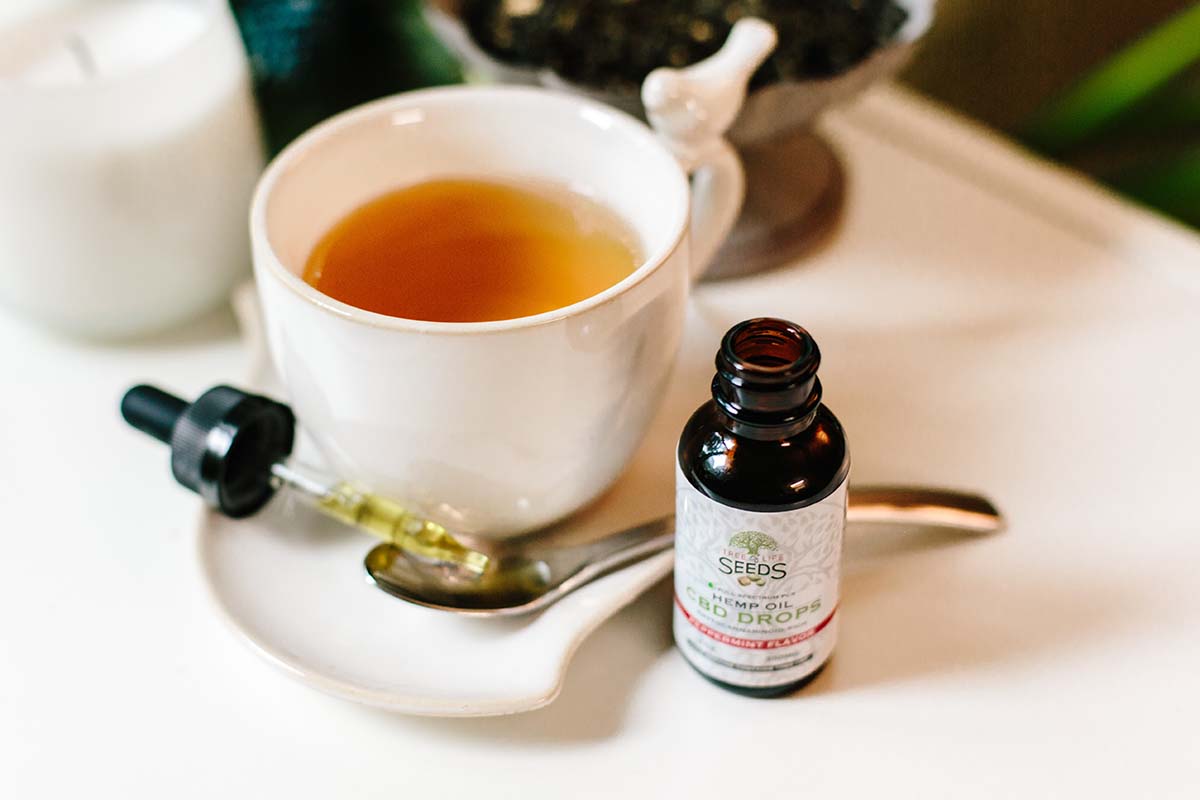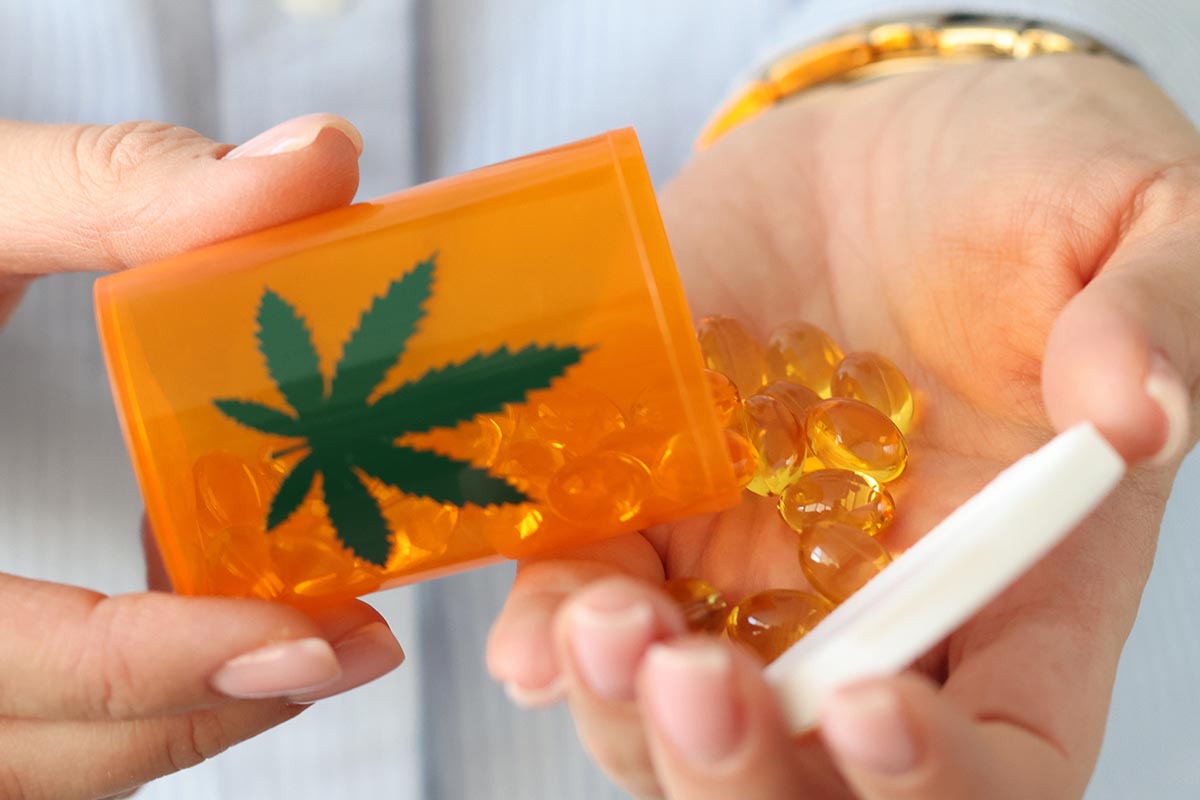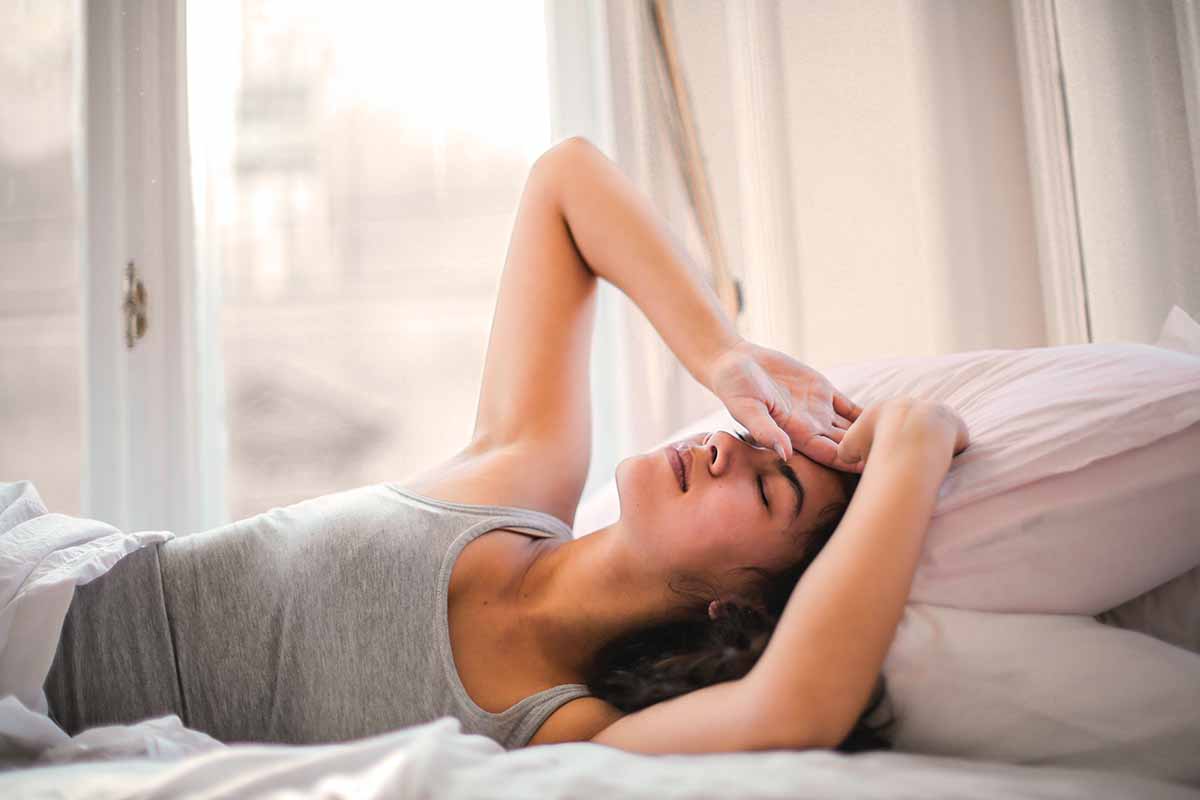Problem Sleeping? Try Free CBD
If you have problems sleeping, you are not alone. Insomnia, for example, is more common than you imagine. Its risks are often underestimated. Insomnia has negative effects on weight, mood, and heart problems, in general, on the physical and mental health of those who suffer from it. It’s not the only sleep disorder. As you can imagine, the pandemic has made matters worse.
According to a study by the Sleep Foundation conducted in May 2022, women have a lifetime risk of insomnia that is as much as 40% higher than men. Restless leg syndrome (RLS) affects 5-10% of adults.
In the last 12 months, roughly 1.5% of adults have had an episode of sleepwalking, and around 8% of people have had an episode of sleep paralysis during their life. Other conditions that can impact sleep negatively are anxiety, chronic pain, and circadian rhythm disorders.
If you have some kind of sleep problem, CBD, the second most abundant compound in the Cannabis Sativa plant and the one that doesn’t cause the “high” associated with THC, may help you. According to Daniel Whitelocke, M.D., owner, and CEO of Ozark MMJ Cards, an Arkansas service that helps qualified patients obtain medical marijuana cards, CBD can work with the hypothalamus to impact sleep regulation positively.
Chantel Strachan, M.D., a board-certified internal medicine physician and headache specialist at Columbia Doctors and Columbia University Irving Medical Center in New York, agrees.
A lot of experts are getting on the CBD bandwagon, such as Mitch Earleywine, a professor of psychology at the University at Albany in New York. Accordingly, scientific research is accelerating its efforts and interest in the subject. Even with CBD helping with sleep, the research is sparse, and soon we will have more answers.
How does it work?
We need to talk about the hypothalamus to understand better how CBD can help sleep. The hypothalamus is a structure in the human brain. It’s the main link between the endocrine system and the nervous system. It keeps the body balanced and stable, playing a significant role in the ECS, a complex neurochemical network in the body that regulates various bodily functions.
The scientific community recognizes the hypothalamus as a key center for sleep regulation because it is responsible for shutting down the brain’s arousal signals and causing the transition to sleep.
Try Free CBD: How can CBD help?
CBD may help with a lot of factors directly or indirectly related to sleep. For example, CBD oil is proven to ease anxiety and pain, two factors that may make it difficult for someone to fall or stay asleep.
In addition, CBD, working with the hypothalamus, may improve the quality but also the quantity of sleep by ensuring that the body progresses through the normal stages of sleep and REM sleep without undue interruption, which would help people with circadian rhythm disorders, for example, nurses who experience circadian rhythm disorders due to shift work or anyone who work nights. It’s more effective in regulating stress than THC.
More presently, CBD may treat RLS (restless leg syndrome), which affects sleep by causing an uncontrollable urge to move the legs. Early research suggests CBD can reduce the frequency of abnormal nerve firings that lead to involuntary muscle twitching. Many preliminary findings connecting CBD use and improved RLS symptoms are based on patients ’self-reported experiences.
How to start with free CBD for sleep
The first thing you have to do if you’re thinking of using CBD to help with your sleep is one and only: to talk to your doctor! CBD is usually low-risk and doesn’t interact with drugs and medications. Still, it may increase liver enzymes in people who take medications metabolized by this organ, such as statins, anti-inflammatories, anti-hypertensive, and blood thinners. You also have to be careful
about the levels of THC in your CBD product. THC is the chemical responsible for most of marijuana’s psychological effects, it can interact with medication and can be counterproductive in your war against sleep problems and disorders.
In conclusion, be smart! Start with a low dose to make sure you tolerate it well. Then, gradually, increase the amount you take until you begin to feel an effect. Always make certain the brand is credible and keep your doctors and caregiver informed on your habits.
If you want to start with CBD oil, just place a few drops under your tongue and allow 30 to 60 seconds for it to absorb. Lastly, it is advisable to accompany the consumption of CBD in any form with an improvement in sleep-related behaviors, like limiting screen time and cutting back on caffeine. Good luck!




















